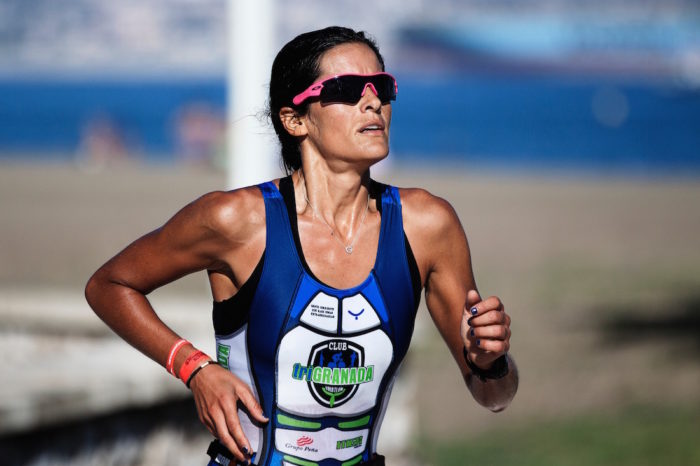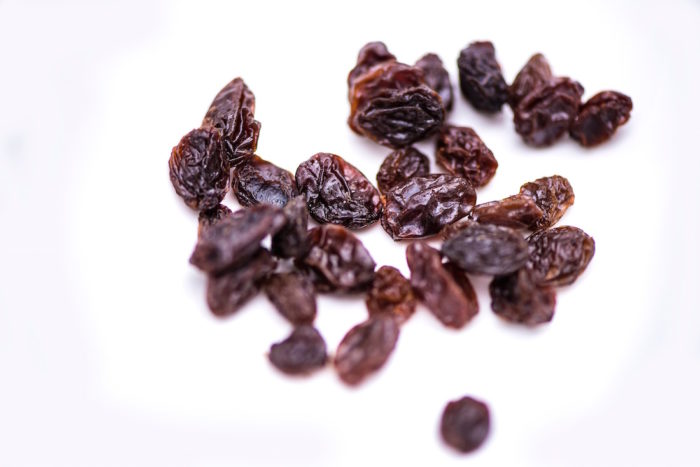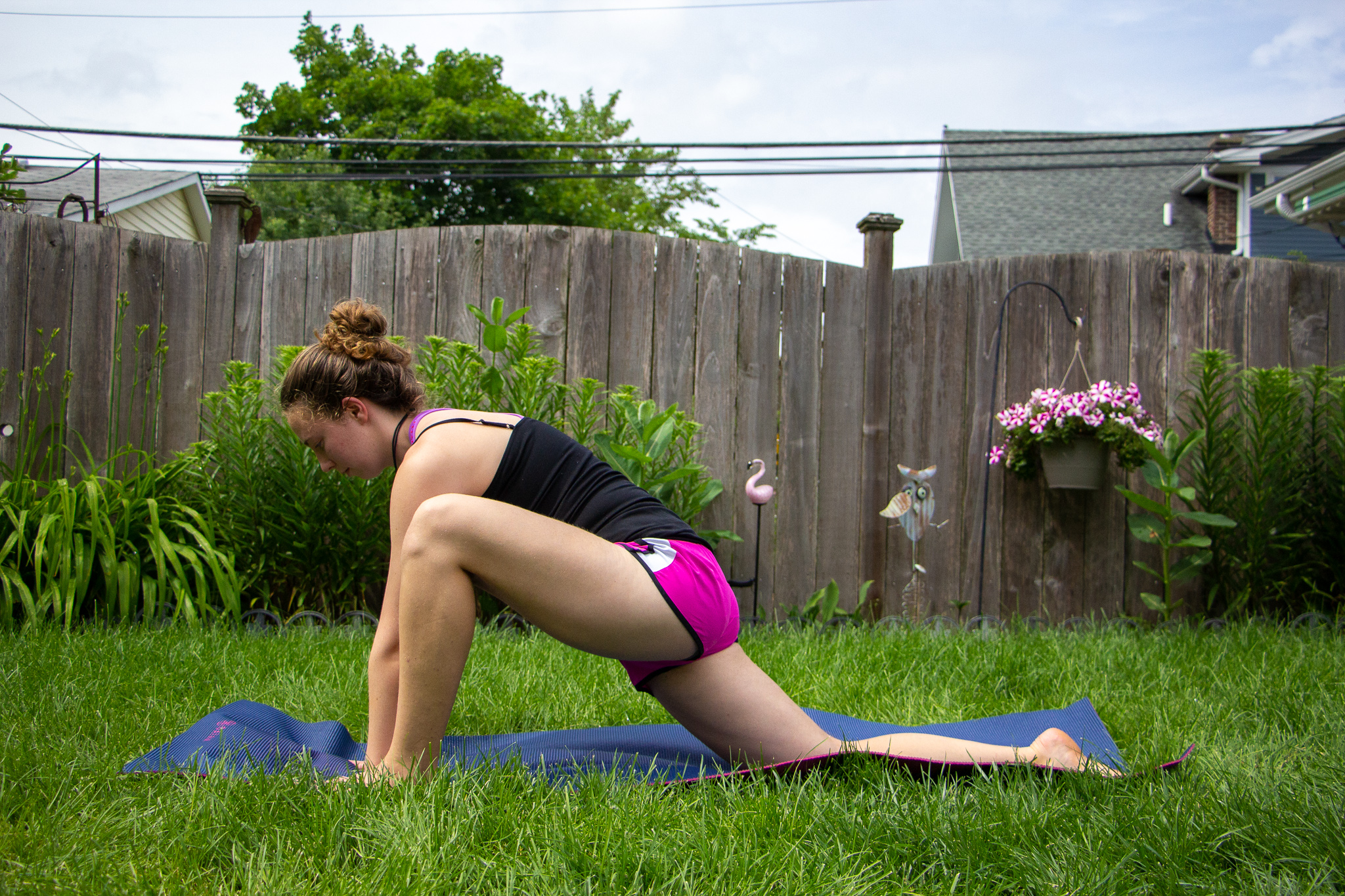 As a vegan, I can’t tell you how many times I have had to respond to various questions about my physical abilities to run a marathon, lift weights…..heck even get out of bed in the morning, just because I don’t eat meat. The fact I lead a healthy, active life simply wasn’t enough evidence for some people that you don’t need meat to be healthy or active. Once you’ve had that conversation, it often moves on to where I get my protein or how I fuel my body during races if I don’t eat meat. For me, it’s such an easy answer….I use whole, plant-based foods for everything, the same as every day? What else?
As a vegan, I can’t tell you how many times I have had to respond to various questions about my physical abilities to run a marathon, lift weights…..heck even get out of bed in the morning, just because I don’t eat meat. The fact I lead a healthy, active life simply wasn’t enough evidence for some people that you don’t need meat to be healthy or active. Once you’ve had that conversation, it often moves on to where I get my protein or how I fuel my body during races if I don’t eat meat. For me, it’s such an easy answer….I use whole, plant-based foods for everything, the same as every day? What else?
A few years ago I had no idea about energy gels and bars for long-duration sports and honestly, when I did discover them, my stomach churned once I read the ingredients. Although they vary depending on the brand, the base usually remains more or less the same; fast absorbing sugars predominantly from fructose and/or glucose derived from varying sources, mostly artificial. Now, I realize that’s not particularly terrifying, we consume fructose from many plant-based sources every day. The issue is that gels create an energy spike we wouldn’t normally experience aside from perhaps a very strong and heavily sweetened coffee! Each serving is usually around 20 -30 grams of concentrated carbs per gel and it’s recommended that you consume one every 20 minutes of endurance training to maintain the peak of sugars in the body and avoid crashing in the middle of a run. Far from ideal! Additionally, with each gel, you must consume a certain amount of water (around 300ml) in order for it to work properly and not lead to “gut rot,” a common side effect of energy gels which causes cramps, bloating and diarrhea, the absolute last thing you would want during a race! It is also recommended you train with the gels for weeks, if not months prior to race day to give your body time to adjust and give you time to learn if you might have any adverse effects. I don’t know about you but that’s just too much to think about when you’re mid-run and need an energy boost!
So, what do I eat?
Whole Plant-Based Fuel For Endurance Training
Raisins, salt and nuts. And that is it. I keep it simple, whole, and plant-based. No elaborate recipes, no expensive food processors, no weird and wonderful supplements, powders or gels. Raisins, salt and nuts.
Ok, so why?
Raisins and many other dried fruits are a great source of easily digestible concentrated carbohydrates and are naturally high in electrolytes. Salt helps replace depleted sodium from sweating and also regulates electrolyte levels by retaining fluids in the body. Nuts have a high-fat content so take longer to release their energy, meaning they are a great option for maintaining energy levels during ultra distances or lower intensity long-duration sports such as cycling.
My sport of choice until now has been running, 10km up to marathon distance. In every race, including all the training leading up to it, I have gone out with only small balls of raisins sprinkled with salt in my pocket which I would eat every 10km. As I have always adopted a ‘prevention rather than cure’ approach to keeping my body fueled during long distances, I have never experienced any symptoms related to a lack of energy. I have also never had any adverse effects (and let’s face it here we’re talking about puke and poop!) from what I consume during races which can often happen when using gels, bars or drinks that your body simply isn’t used to. I am 4 days away from competing in my first triathlon which I have been training for all summer. So while I am not currently doing long-distance running training, I still require nutrition and energy that is easy to eat whilst moving either running or on the bike. My portions of raisins fit into the palm of my hand and so easily slip into a pocket or waistband. Heck, I’ve even been known to stash them in my sports bra before. To avoid using plastic (which we all should be doing!) I wrap them in a small paper bag once I’ve smushed them into a sticky ball with a sprinkling of salt. If I am adding nuts, I use bigger varieties like cashews or walnuts and I leave them whole for ease of getting them into my mouth without dropping them on the floor whilst on the move!
My decision to eat raisins with salt while running long distance came from a very basic knowledge that a) I will burn a lot of calories, therefore, I need to replace them with fast-digesting complex carbohydrates, b) I will lose fluids through sweat so I need to add in salt and c) I need something from my kitchen cupboard that I can pack into my pocket and eat easily while on the move. It was a total no brainer for me. I had already read Christopher McDougall’s Born to Run many years before I did my first marathon and what I learned about running form, equipment and fueling your body has stayed with me ever since, even after I learned of energy gels and bars. It was further confirmation for me that being plant-powered is more than adequate! If you haven’t read it (if you’re into running you definitely should!), it is the memoir of a pretty average American guy on a mission to get healthy through running and goes in search of people who have been running for centuries without the latest running shoes with built-in air pockets, no calf socks or Camel Paks. He learns from the Tarahumara Indians, who run for hundreds of miles every day, without causing damage to their bodies and not a single energy gel, protein bar or isotonic drink in sight. Their race fuel consists of corn wraps filled with a chia seed paste which provided all the energy and nutrition they needed for 100mile + runs. I can’t say I eat exactly what they eat, nor do I run as far as them!! But like them, all my energy comes from a whole food plant-based source. It is food I eat every day, as part of my natural diet and my training so, when race day comes my body is already accustomed to the fuel I put in it. Obviously, what works for me might not necessarily work for others, but the basic principle of complex carbs, salt and fats is a sensible place to start to build on finding your own plant-based sports nutrition!
Related: These Pre- And Post-Workout Foods Make Meeting Your Fitness Goals Way Easier
Still Tempted To Skip The Warmup? This 3 Part Formula Will Optimize Your Workout
Get more like this—Subscribe to our daily inspirational newsletter for exclusive content!
__
Photo: Quino Al via Unsplash; Erda Estremera via Unsplash





